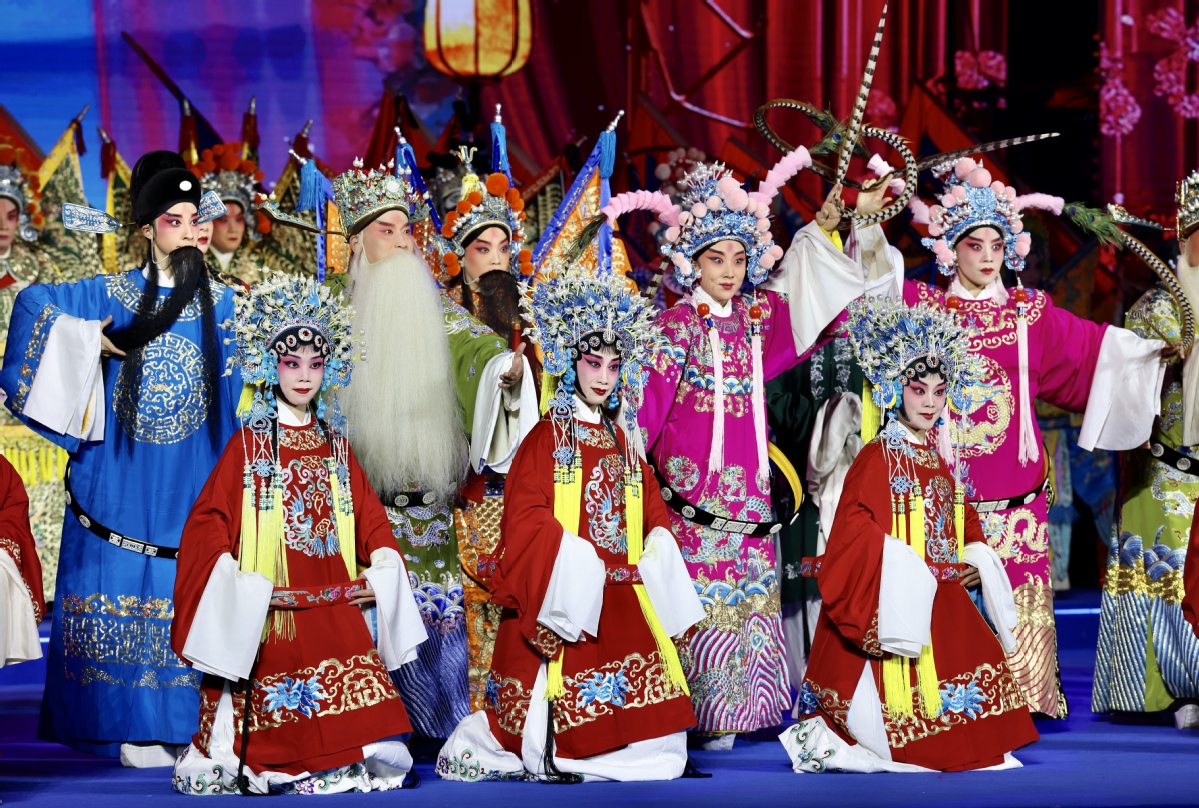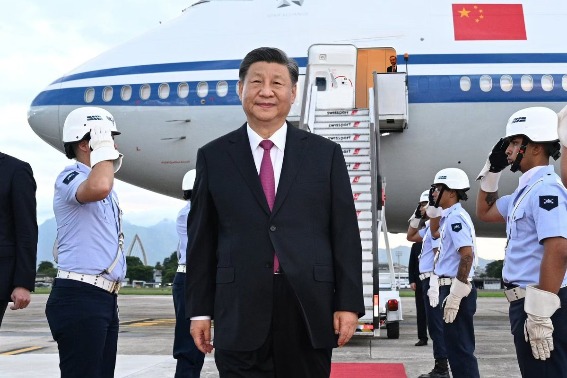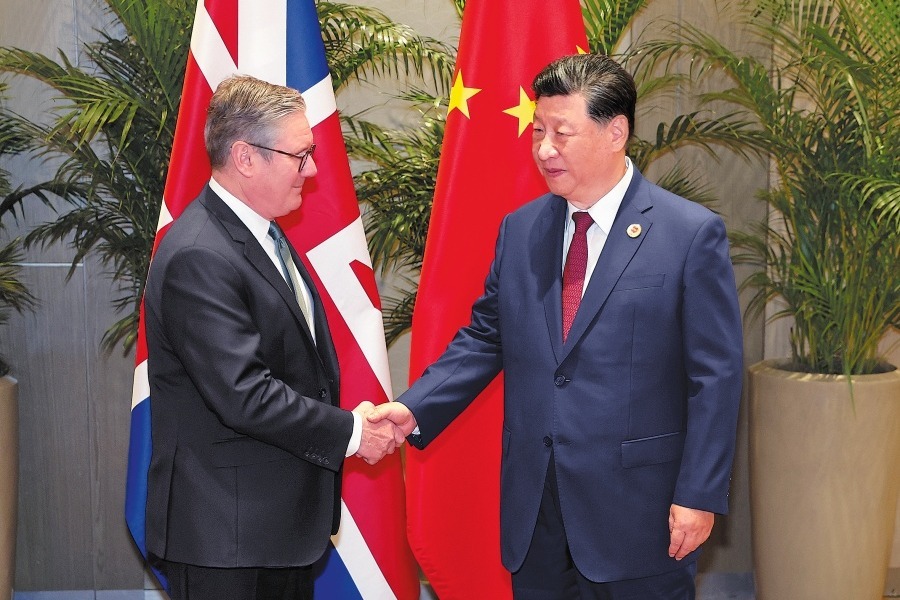Experts call for cultural branding to boost tourism
chinadaily.com.cn | Updated: 2024-11-19 16:11

As China's cultural and tourism industry evolves to meet shifting consumer preferences, experts in applied economics and marketing have emphasized the need to prioritize cultural branding. According to them, only destinations that offer unique value and lasting appeal have the potential to move beyond fleeting trends and achieve sustainable success.
"Despite the impact of the pandemic, the growth rate of tourism revenue in recent years has still significantly outpaced GDP growth, highlighting the sector's vital role in China's economic transformation," said Zhang Qinghua, professor of applied economics at Peking University's Guanghua School of Management, at the Guanghua Scholars Forum recently.
Xu Jing, a marketing professor at the same institution, noted the post-pandemic shift towards diversified and niche tourism markets. Emerging travel preferences include family-oriented trips, "military-style" tourism and silver tourism. Additionally, innovative models such as "tourism + commerce", "community + art" and "tourism + architecture" are reshaping the industry.
"As economic development reaches a certain stage, consumer priorities shift from material goods to spiritual enrichment, which is why more people are opting for experience-driven consumption, such as travel," Xu added.
While these new tourism models become a key driver for boosting domestic demand and promoting consumption, challenges like homogeneous offerings, shallow cultural narratives and short-lived appeal remain common issues in many regions.
Xu pointed out that these challenges stem from the lack of effective cultural and tourism branding. "Short-lived popularity fueled by traffic and fan economies often comes quickly and fades just as fast, providing little foundation for long-term regional development. Visitors may come once but rarely return or become loyal customers," she said.
To address these challenges, Xu proposed a three-step strategy for city branding. Firstly, create brand awareness by segmenting the market and distinguishing the city from competitors, focusing on target audiences' needs. Secondly, build strong brand associations by effectively communicating the brand's core meaning and unique appeal. Thirdly, foster brand loyalty by strengthening cognitive, emotional and behavioral ties to encourage repeat visits and sustained engagement.
Xu cited Huizhou's use of Su Dongpo, a renowned poet and gourmet from the Song Dynasty, as an example of successful branding. "Cultural icons like this give a city unique character and can continuously provide both functional and emotional value for visitors," Xu said.
Experts also highlighted the role of local governments in guiding rational market competition. "Local authorities should strategically leverage their macro-level oversight and information advantages to approach city development holistically, focus on building a strong city brand, and foster a favorable business environment," said Zhang.
Leng Zichun contributed to the story
- China's Ethnic Games torch relay unites diverse communities
- Unveiling of the 2024 Grand Canal Cultural Reading Tour Exhibition
- Zhangzhou-Taiwan Coffee Festival unites baristas and enthusiasts
- Kenyan runners win 2024 Shanghai-Zhejiang Rural Half Marathon titles
- Ethnic region attracts visitors with all-for-one tours
























